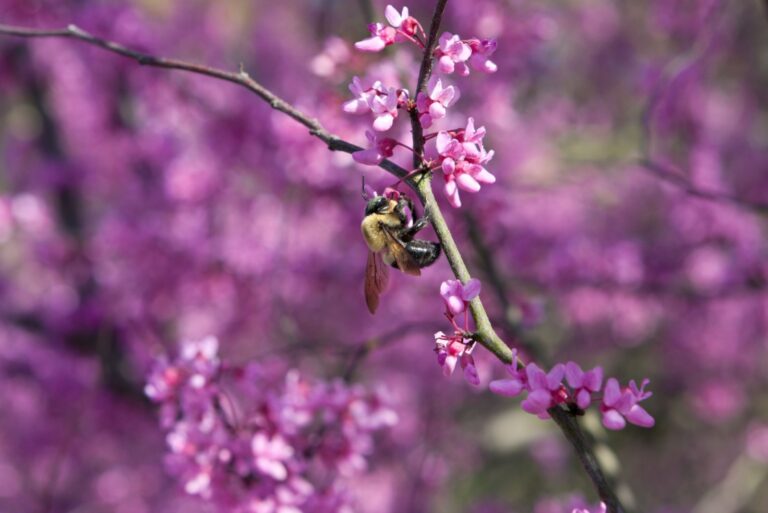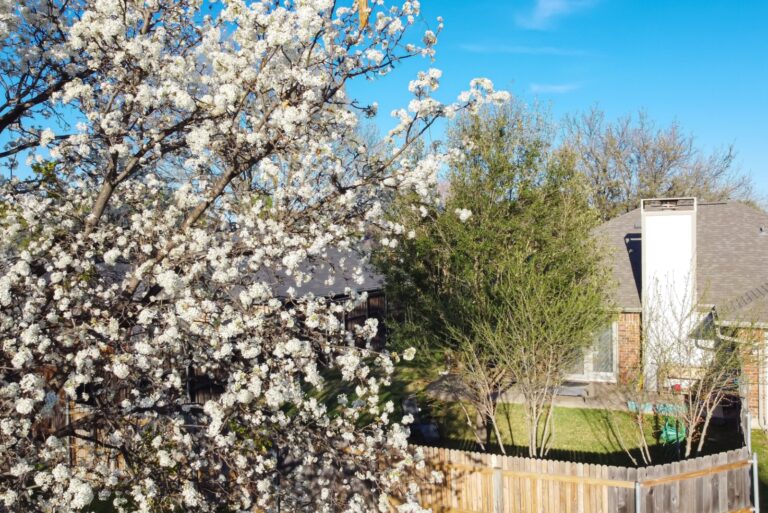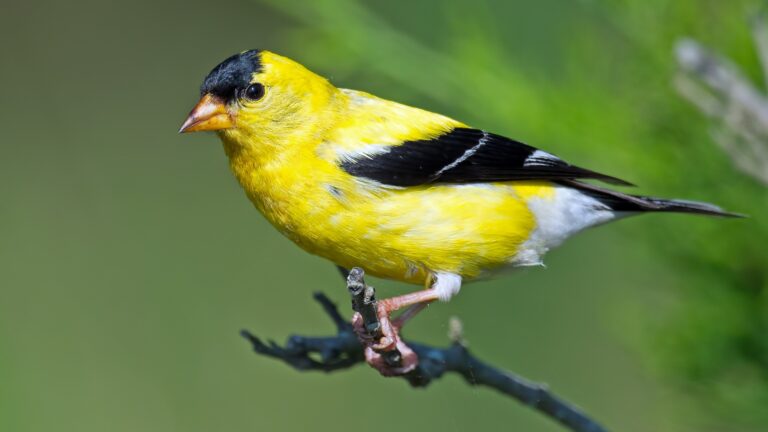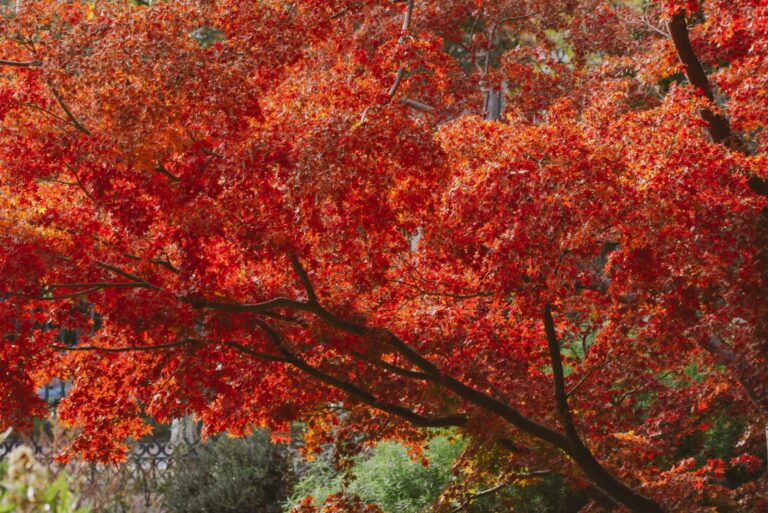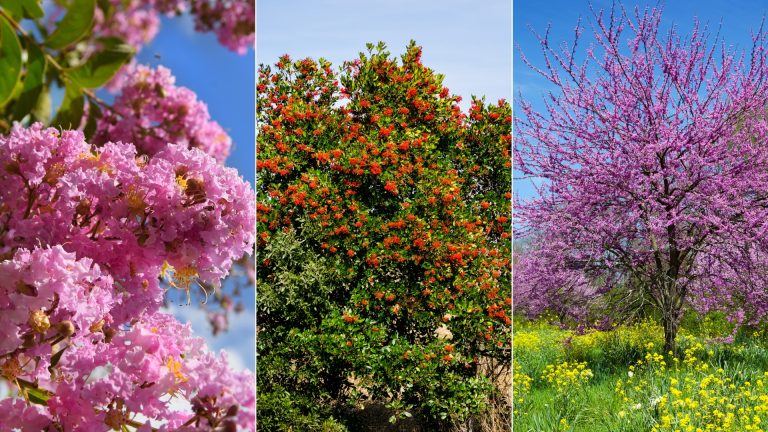The Tough New Jersey Shrub That Bursts With Bright Pink Blooms
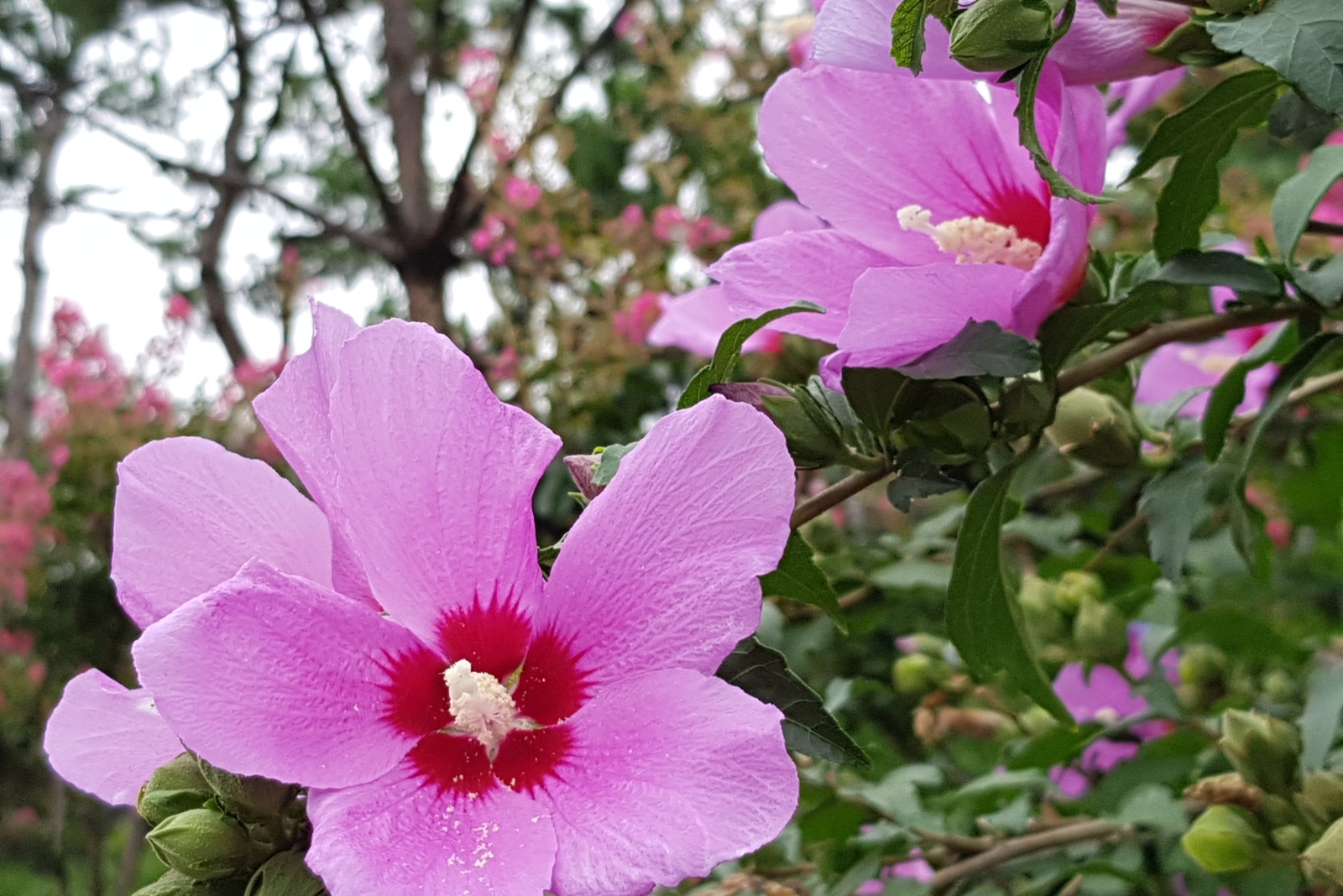
Some shrubs fade when heat, humidity, and dry spells roll through New Jersey, but one keeps pushing out eye-catching color long after others slow down.
Big pink blooms, tough branches, and an easy-care nature make it a standout in front yards and along fence lines across the state. That reliable summer showstopper is Rose of Sharon.
1. A Late Summer Bloomer That Steals The Show
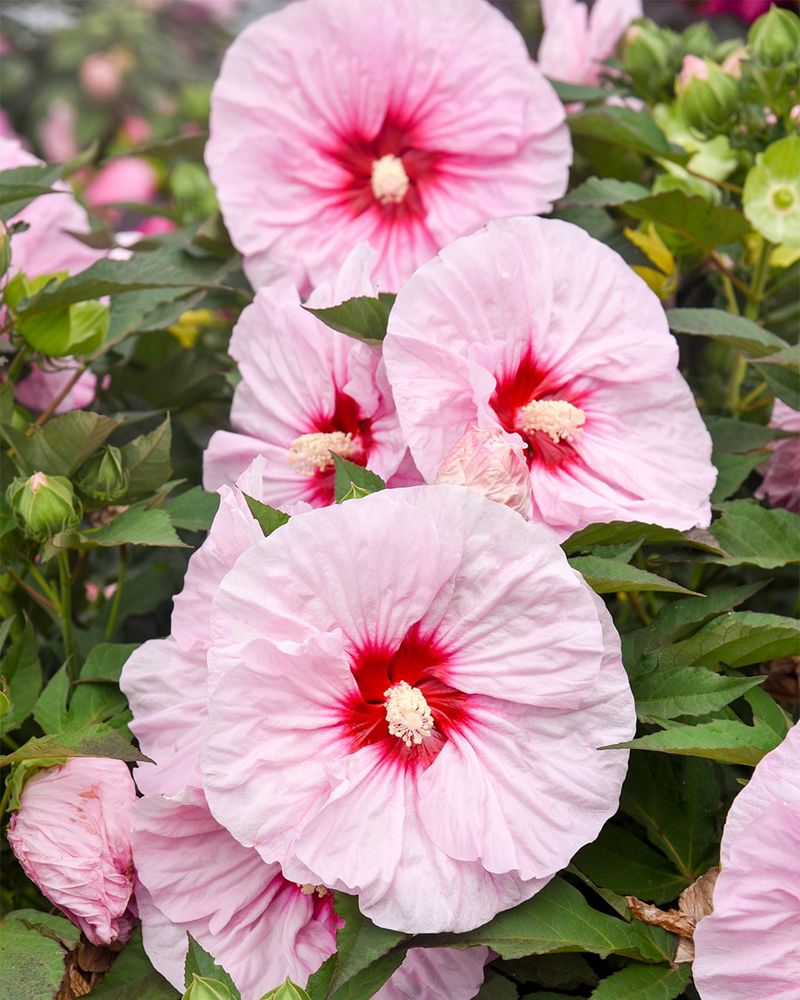
Most flowering shrubs finish their display by mid-summer, but Rose of Sharon is just getting started. Blooming from July through September, this plant fills New Jersey gardens with color when many other flowers have faded away.
Each flower lasts only a day or two, but the shrub produces so many buds that you’ll see fresh blooms constantly throughout the season. The bright pink petals often feature a deep red center, creating an eye-catching contrast that attracts butterflies and hummingbirds to your yard.
2. Survives New Jersey Winters Without Complaint
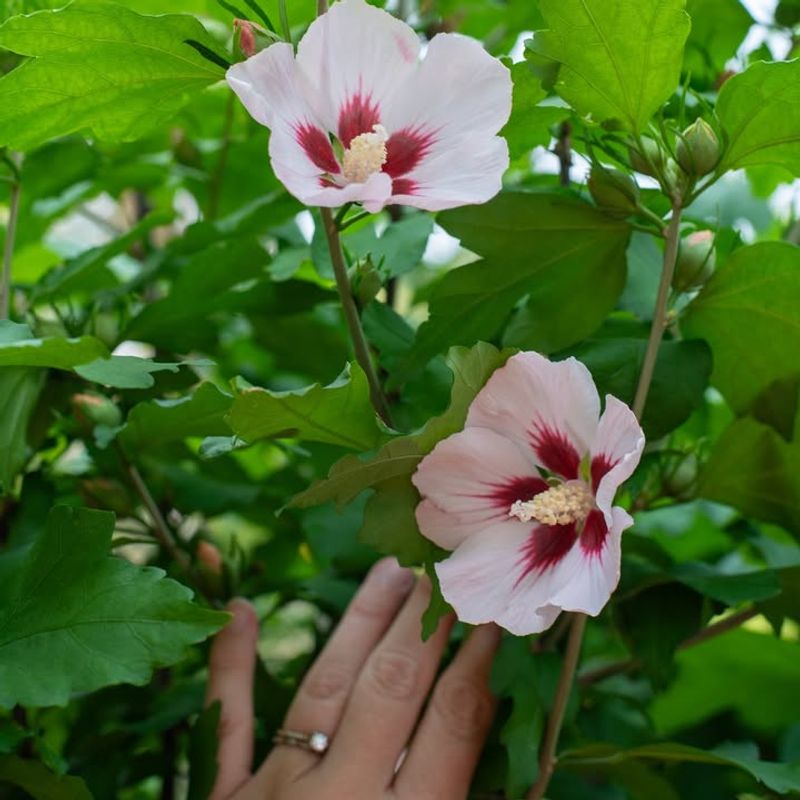
Winters in New Jersey can be brutal, with freezing temperatures and heavy snow that kill off less hardy plants. Rose of Sharon laughs in the face of cold weather, surviving temperatures down to negative twenty degrees Fahrenheit without any special protection.
The shrub goes dormant in winter, dropping its leaves and appearing lifeless until spring arrives. Come warmer weather, new growth emerges from the woody stems, and by summer, you’d never know it endured months of freezing conditions.
3. Grows Almost Anywhere You Plant It
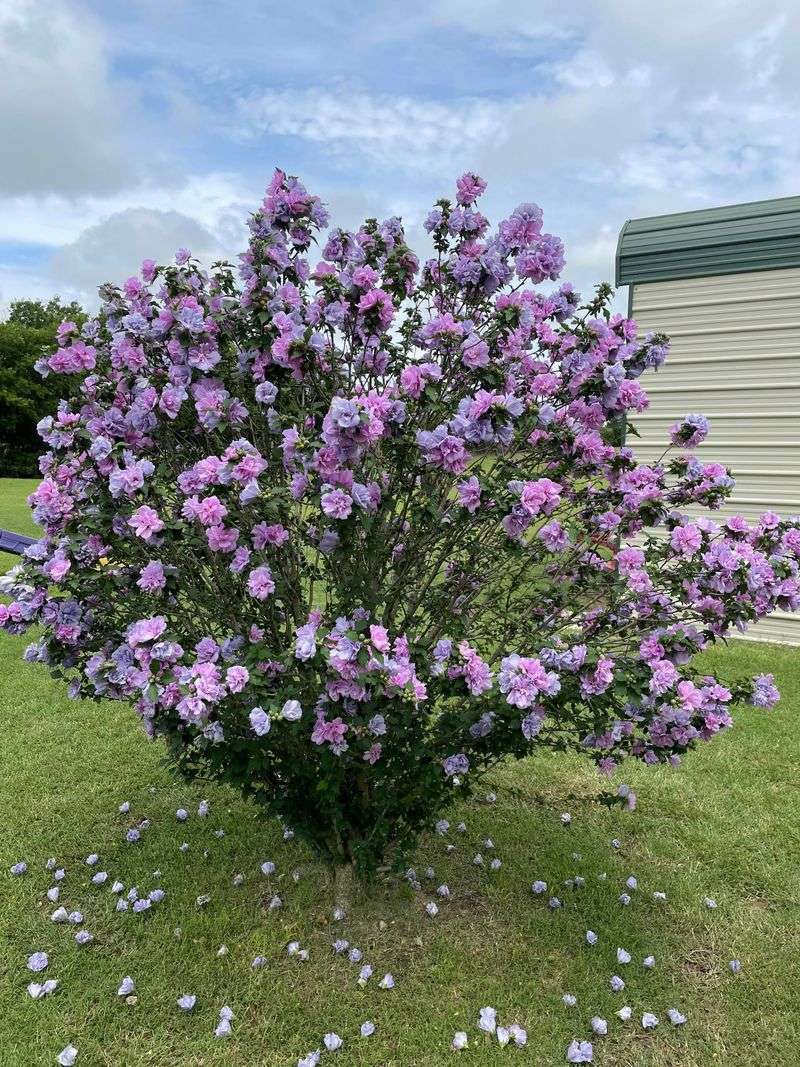
Picky plants can frustrate even experienced gardeners, but Rose of Sharon adapts to almost any location you choose. Full sun produces the most abundant blooms, though the shrub tolerates partial shade reasonably well.
Soil type doesn’t matter much either—clay, sand, or loam all work fine as long as water doesn’t constantly puddle around the roots. Once established after the first year, the plant handles drought surprisingly well, making it ideal for busy New Jersey gardeners who occasionally forget to water their landscape.
4. Reaches Impressive Heights For Privacy Screening
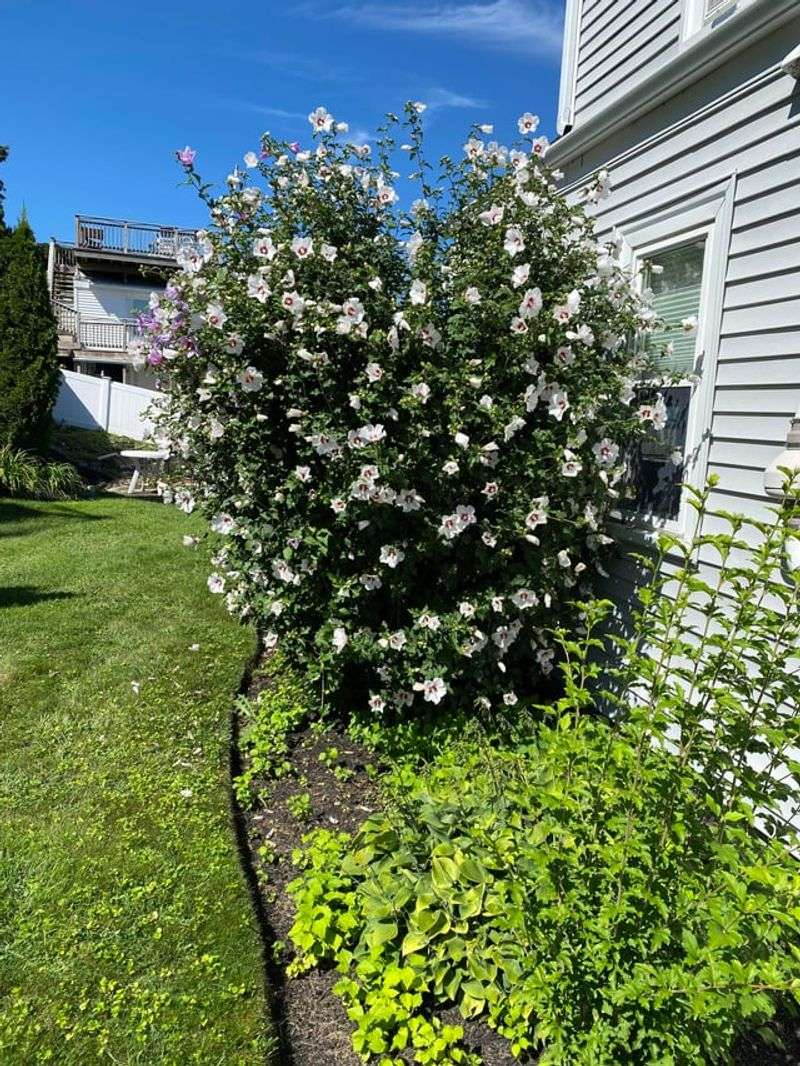
Need a living fence to block unwanted views or create privacy from New Jersey neighbors? Rose of Sharon grows between eight and twelve feet tall, with a spread of six to ten feet wide when fully mature.
Planting several shrubs in a row creates an effective screen that looks beautiful rather than boring. The upright growth habit means you get height without needing tons of yard space, perfect for smaller suburban lots where every square foot counts for something important to your outdoor living area.
5. Self-Seeds Freely Throughout Your Garden
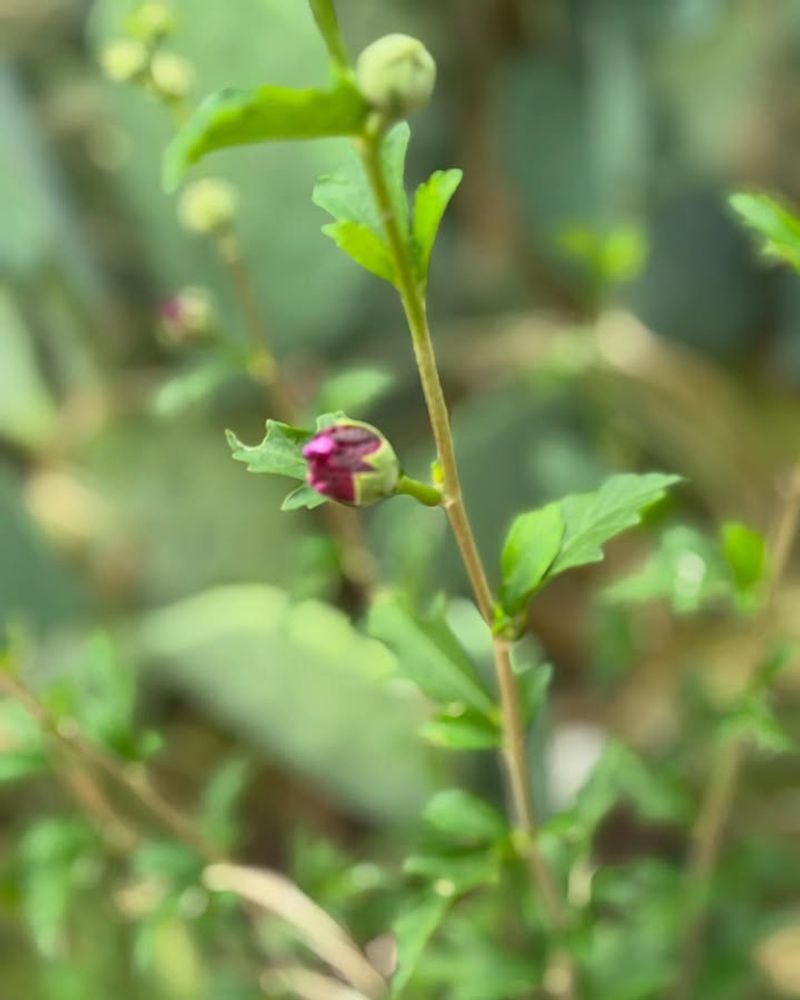
Here’s where Rose of Sharon becomes a double-edged sword for New Jersey gardeners. After flowers fade, seed pods develop and eventually split open, releasing numerous seeds that sprout readily in surrounding soil.
Within a few years, you might find dozens of volunteer seedlings popping up everywhere, which some people love and others find annoying. Removing spent flowers before seeds form prevents this spread, but that requires regular deadheading throughout the blooming season when you might prefer relaxing instead of working outdoors constantly.
6. Belongs To The Hibiscus Family Of Tropical Beauties
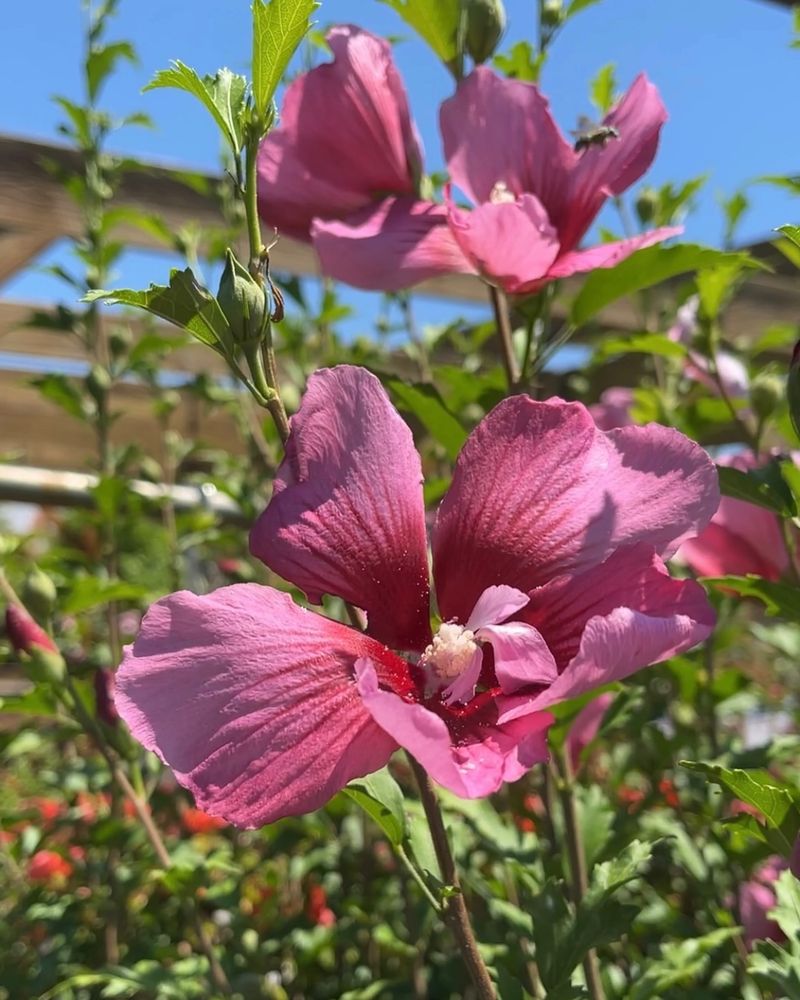
Despite thriving in cold northern climates, Rose of Sharon shares DNA with tropical hibiscus plants that grow in warm places like Hawaii and Florida. Botanically known as Hibiscus syriacus, the shrub produces flowers with the same distinctive shape as its tropical cousins.
The large, showy blooms feature five overlapping petals surrounding a prominent central column covered in pollen-bearing stamens. Color options beyond pink include white, purple, red, and bi-colored varieties, giving gardeners plenty of choices for their specific New Jersey landscape color schemes and personal preferences.
7. Requires Minimal Care Once Established In Your Yard
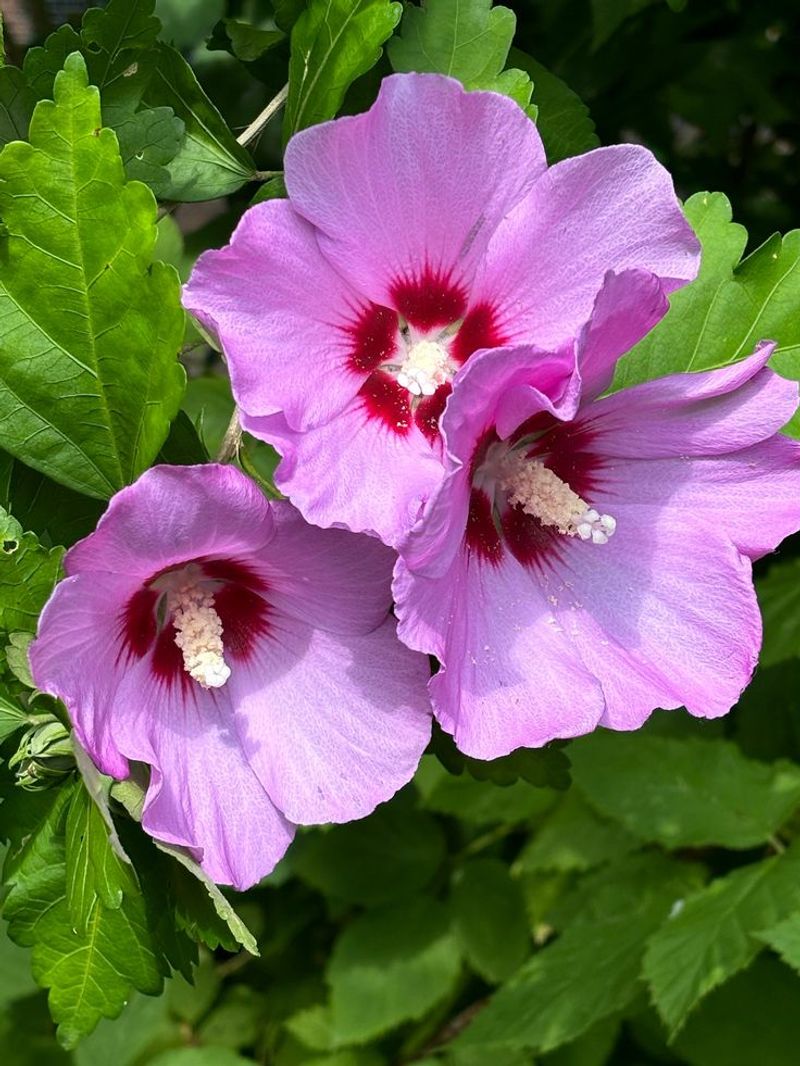
Busy New Jersey homeowners appreciate plants that look great without demanding constant attention, and Rose of Sharon fits that description perfectly. After the first growing season, established shrubs need watering only during extended dry spells lasting several weeks.
Pruning isn’t necessary for health, though you can shape the plant in late winter if desired for aesthetic reasons. Fertilizing helps boost bloom production but isn’t required for survival, and pests rarely bother the tough foliage enough to warrant chemical treatments or interventions from professionals.

